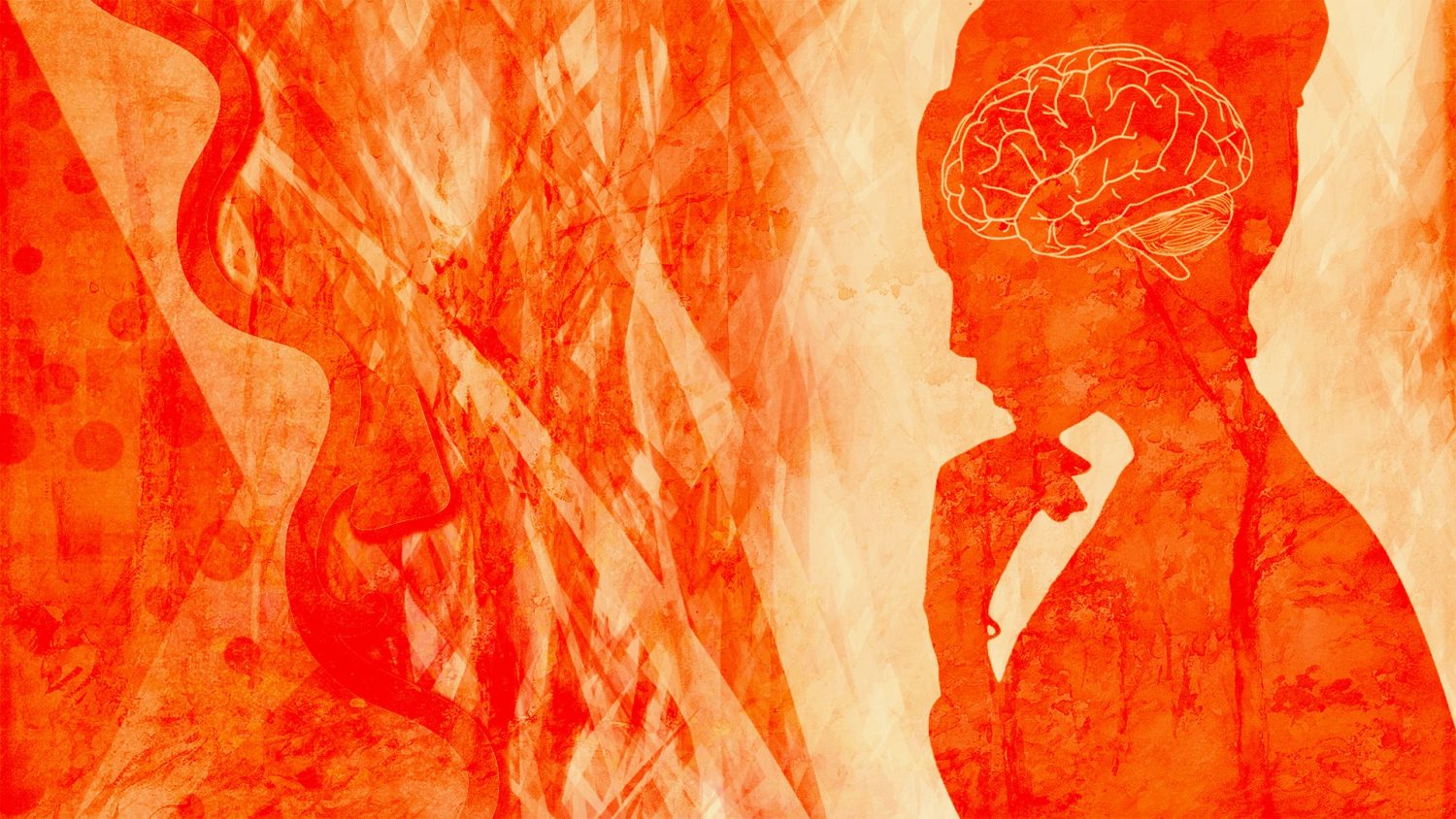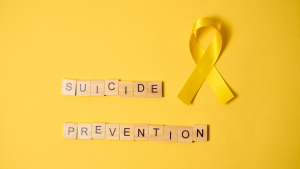Five tips for dealing with a new diagnosis
Life can bring many stressors, which can deteriorate both physical and mental health. Many people know how to care for their bodies when they are dealing with a physical ailment, but if you are diagnosed with a mental health condition, what happens next?
You may feel a bit lost with this new information, but we want you to know there are ways to help you feel better. For World Mental Health Day Oct. 10, we have compiled a list of five tips of how to deal with a new mental health diagnosis.
Acceptance of your diagnosis
While people have shared more about mental health in recent years, it still sometimes carries a stigma. But we’re here to tell you mental health is just as important as physical health. It’s OK to receive a mental health diagnosis. Here’s the good part – there are care plans out there to help you feel yourself and live a fulfilling life. Take a deep breath, accept your diagnosis and stick to your care plan. You’ve got this!
Find others to support you
Having supportive people to help you through each stage of your diagnosis can make a big difference. If you feel comfortable, open up to family and friends you trust. Writing your thoughts and feelings in journal can also be helpful when you don’t feel like talking. Or if it’s not already in your care plan, consider finding a therapist to assist you sort through all the thoughts in your mind. You don’t have to do this alone.
Learn about your diagnosis
Being able to care for yourself can only be done if you understand what you’re caring for in the first place. Even if you think you know about your diagnosis, do some research and learn about symptoms, treatments, and short- and long-term outcomes. Make sure you look at reliable sources such as government institutes, professional associations and patient advocacy organizations.
Take care of your physical health
Mental and physical health go hand in hand. Your sleep schedule, diet and exercise can impact how your mind feels. You don’t have to be perfect every day but try to get seven to eight hours of sleep each night, eat nutritious and filling foods, and move your body regularly. Taking care of your physical health isn’t a cure for a mental health condition, but your body will at least be ready to handle any physical stressors.
Set realistic expectations
Managing a mental health condition takes time and effort. Sometimes it can take a few tries to find the right medication or a therapist with whom you feel comfortable. Know that this is normal and part of the process. You may also experience setbacks or challenges. Try not to let those get you down. Keep those supportive people around you, take care of yourself and continue moving forward so you can feel like yourself again.
Everyone’s mental health journey is different. Be patient with yourself as you figure out this new diagnosis. If you need support in your mental health journey, we’re here for you. The MnFIRE Assistance Program provides free and confidential help online or over the phone, anytime, for dealing with:
- Traumatic calls
- Relationship problems
- Parenting and family issues
- Stress, anxiety and depression
- Eldercare support
- Substance use and addiction
- Financial guidance
- And more
Experienced specialists trained in the rigors of the fire service will listen to your needs and connect you to the appropriate resources, including mental health counseling. For more details or for help, call 888-784-6634 or visit https://mnfireinitiative.com/hhap/.
Repurposed from MnFIRE Assistance Program partner, Optum








